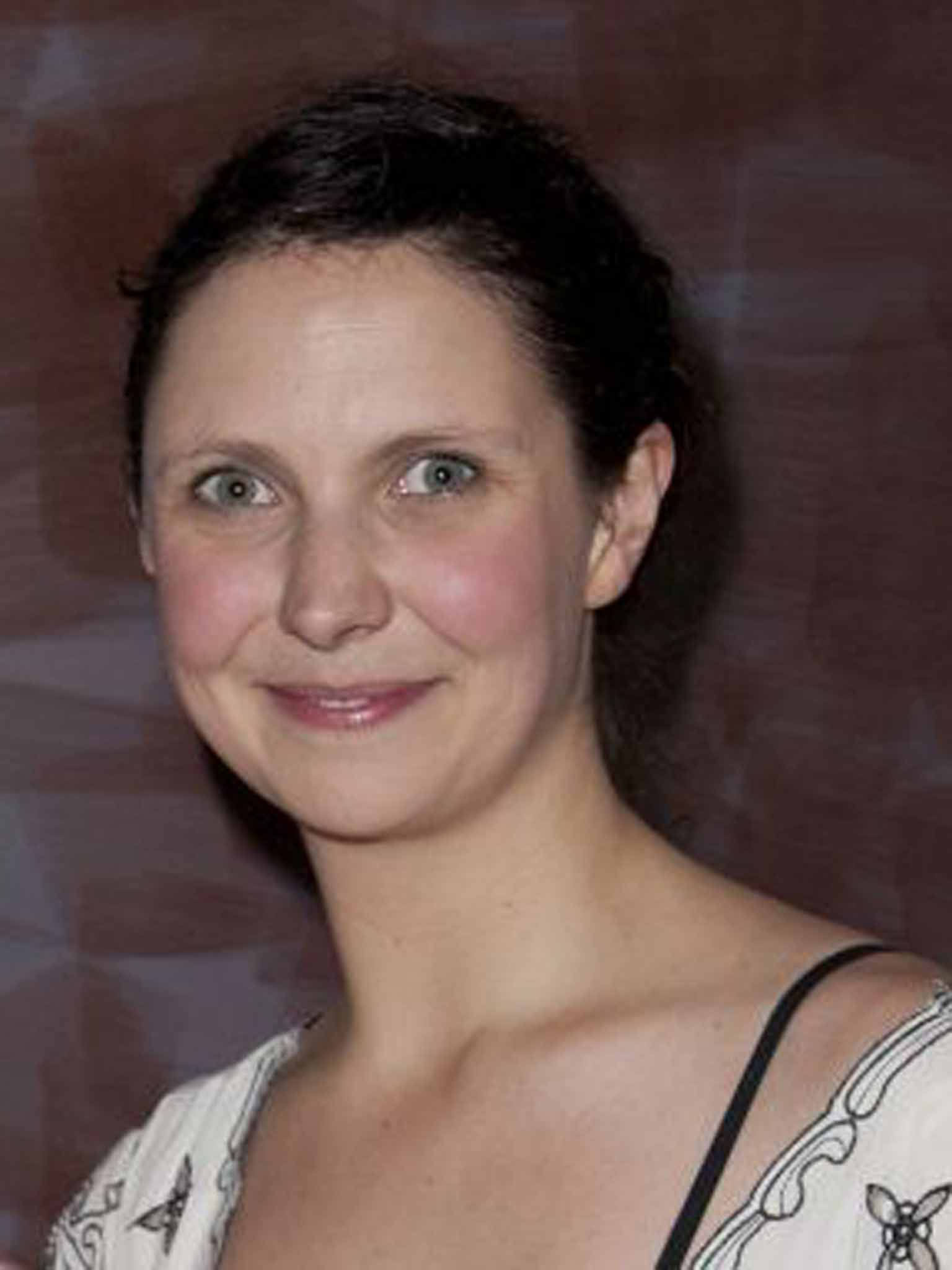'Islands': A play about tax avoidance by Caroline Horton
In 'Mess', Caroline Horton explored anorexia. Now she's taking on tax evaders. Honour Bayes meets an in-yer-face playwright

Your support helps us to tell the story
From reproductive rights to climate change to Big Tech, The Independent is on the ground when the story is developing. Whether it's investigating the financials of Elon Musk's pro-Trump PAC or producing our latest documentary, 'The A Word', which shines a light on the American women fighting for reproductive rights, we know how important it is to parse out the facts from the messaging.
At such a critical moment in US history, we need reporters on the ground. Your donation allows us to keep sending journalists to speak to both sides of the story.
The Independent is trusted by Americans across the entire political spectrum. And unlike many other quality news outlets, we choose not to lock Americans out of our reporting and analysis with paywalls. We believe quality journalism should be available to everyone, paid for by those who can afford it.
Your support makes all the difference.No one likes to think about tax in their downtime but with her new show, Islands, the playwright and performer Caroline Horton is placing it centre stage. "It's fascinating the way we think about tax as this scourge," Horton says. "We've forgotten what tax is meant to do, which in its best sense is to redistribute a country's wealth for the good of the whole. Instead, we have this belief now – that governments perpetuate – that tax is the bad word."
Islands sees the Olivier Award-nominated writer and performer explore the toxic world of tax havens. "David Cameron has said, 'I have made fighting the scourge of tax evasion and aggressive tax avoidance a priority.' We're just trying to give him a hand," Horton says, her playfulness underlined by a robust intent.
Oxfam estimate $18.5 trillion is siphoned out of the world economy into tax havens by wealthy individuals alone, says Horton. "What's interesting is just how normal it is. Tax avoidance has been the status quo for so long and often there's nothing really illegal going on. Someone like Gary Barlow probably just hit a certain level of wealth and it would have been suggested he needed to change accountants and they would have set all this up for him." She adds quickly: "I'm not saying that that clears him of any culpability but it's a system and a hugely powerful one."
Horton has never been afraid to tackle big issues. Her last show, Mess, explored her experience of anorexia. It followed the story of Josephine through her illness and back to health and was an intensely personal process for Horton. How did she personally connect to the faceless subject of tax avoidance?
"The island mentality of tax havens is fascinating and it's not unrelated to part of what interested me in Mess," she says. "Josephine being up on her little platform, with her own set of rules, wanting to be left alone, there's a sort of sickness to it. Equally there's a sort of global illness to tax havens – in that a group of elite want to keep their own rules and stay on their little platform floating above the rest of the shit."
To highlight the unnaturalness of this division Horton has created an absurd universe on stage. Having trained at Ecole Philippe Gaulier in Paris (alma mater of Sacha Baron Cohen, among others) much of Horton's work is inspired by clowning and Islands sees her drawing on the grotesque style of "bouffant". The provocatively "in your face" nature of the show is deliberate. "I really wanted to connect the financial legal jargon that feels quite alien with real human problems, pain and emotion. We've created these creatures that are quite devilish to shock people out of their complacency. But we follow a human journey of people who exist on the margins coming to shake their fists at the beautiful people that the world seems to favour."
It's not about being educational but engaging. "There are brilliant books about tax havens that are accessible so what is it that this show might do that those don't?" she says. "I think it's about something visceral that can potentially horrify but also that will make us feel something."
Throughout the project's three-year development Horton has worked closely with John Christensen, head of Tax Justice Network. "It was important to her that she was reflecting the spirit and culture of these places," he says. "They are rampantly aggressive."
Christensen, who was born in Jersey, has been campaigning against tax avoidance since the 1970s, often at great cost. "I've suffered from attacks that have palpably affected my family."
Does he feel that Horton's show accurately represents this world? "The show is disturbingly shocking at a very personal level and it really brings out this horrible side of humanity and the sense of detachment that comes from their sense of entitlement," he says. "It's faithful and draws out this slightly disgusting side. In that respect the show has integrity."
For all the seriousness of the subject it was important for Horton that Islands was entertaining. "We might hate this elite gang but they're charming and there's an attraction to that world," she says. "Do I want to think about the consequences of [tax avoidance when] buying my lovely Starbucks coffee? Not really no. Does that mean I'm putting my head in the sand? Yes probably. So that comes up as well because who hasn't thought 'it would be nicer just to have a nice time on my version of a desert island'? It's complicated because if we're honest with ourselves we all have."
'Islands' tours nationally from Thursday. It runs at Bush Theatre, London from 15 January to 21 February (www.carolinehorton.net/index.php?/project/islands)
Join our commenting forum
Join thought-provoking conversations, follow other Independent readers and see their replies
Comments